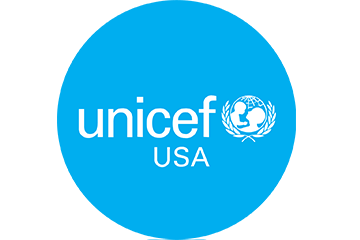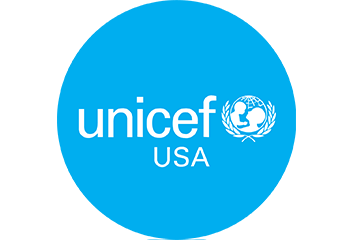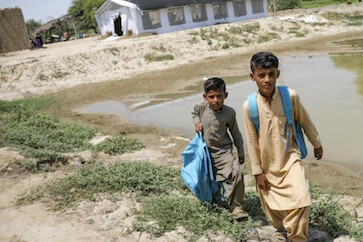UNICEF delivered a shipment of COVID-19 vaccine doses in Rwanda on January 15, 2022, bringing the total number of doses shipped via COVAX to 1 billion, with more on the way.
COVAX, a groundbreaking global partnership to ensure equitable access to COVID-19 vaccines worldwide, is barreling ahead on its mission. Since the rollout began in February 2021, COVAX has delivered lifesaving vaccine doses to 144 primarily low- and middle-income countries, with UNICEF leading on procurement and distribution. By the end of the year, COVAX had ramped up to more than 335 million doses delivered in December alone.
COVAX delivered more than 335 million COVID-19 vaccine doses in December 2021 alone
“While this is a great achievement on our journey to achieve COVID-19 vaccine equity across the globe and end the pandemic, we also recognize that global supply constraints and COVID-19 surges around the globe prevented COVAX from reaching the goal to deliver 2 billion doses by the end of 2021,” said Michael J. Nyenhuis, President and CEO of UNICEF USA.
Despite setbacks in 2021, UNICEF and COVAX partners are pushing ahead to deliver 4 billion COVID-19 vaccine doses by the end of 2022. “When the world needs something big done, UNICEF can get it done,” said Nyenhuis. “The complexity of securing that many vaccine doses, securing the logistics to get them to 144 countries and the in-country actions to get those shots into arms is a monumental task. UNICEF really is uniquely positioned to do this.”
NInetee-year-old Naomi Phiri’s 4-month-old daughter, Madalitso, looks on as Phiri gets her first dose of AstraZeneca COVID-19 vaccine in Chiwinga village, Kasungu District, central Malawi on December 14, 2021. “I got the vaccine because I hear that if I take the vaccine, things will go back to normal, so I just want to do my part,” she said. “I am also protecting my family and I would like to encourage my fellow young people to get the vaccine so that one day things can go back to normal.” © UNICEF/UN0569254/Chikondi
As the largest single vaccine buyer in the world, UNICEF is leveraging its networks, buying power and expertise to distribute not only vaccine doses but also vaccine supplies, treatments and personal protection equipment. To date, UNICEF has delivered:
- 816.9 million syringes to 102 countries
- 397.4 million surgical masks
- More than 40,900 oxygen concentrators
- 8.7 million diagnostic kits
Preparing health care systems, upgrading cold chain facilities and organizing community outreach campaigns are all part of UNICEF’s COVID-19 response
Even before COVID-19 vaccines had been approved, UNICEF was working with partners to ensure country readiness: preparing health care systems, expanding and strengthening the cold chain and addressing vaccine hesitancy in communities.
UNICEF delivers vaccines for routine childhood immunizations in more than 100 countries every year through a carefully constructed network of cold rooms, freezers and carrier boxes that keep vaccines at a controlled temperature from the point of manufacture to the moment they are administered. To safely transport the Pfizer-BioNTech vaccine, which must be stored at minus 94 degrees Fahrenheit, UNICEF worked with partners to quickly deploy and upgrade ultra-cold storage facilities where they were needed the most.
To combat vaccine hesitancy, UNICEF-supported community outreach teams are leading engagement campaigns using radio broadcasts, road shows, door-to-door teams and innovative multi-media tools to address fears and concerns and boost vaccine confidence.
On December 24, 2021, at Central Vaccine Store at the Government of Nepal’s Department of Health Services in Kathmandu, health officials and UNICEF personnel work to store 664,560 Pfizer COVID-19 vaccines donated by the U.S. Government through COVAX. UNICEF and partners delivered walk-in coolers and other cold-chain equipment to strategic locations in central and provincial Nepal to facilitate vaccine delivery. © UNICEF/UN0570545/Dhaka
UNICEF’s work to end the pandemic wouldn’t be possible without donor support. Join the global fight to end the pandemic.
Top photo: UNICEF Communication Specialist Steve Nzaramba inspects cargo containing 240,000 doses of COVID-19 vaccines delivered by UNICEF through COVAX at Kigali International Airport in Rwanda on March 3, 2021. UNICEF’s latest shipment of COVID-19 vaccines arrived in Rwanda on January 15, 2022, bringing the total number of doses delivered to 144 countries through COVAX to 1 billion, with more on the way. © UNICEF/UN0424541/Kanobana





